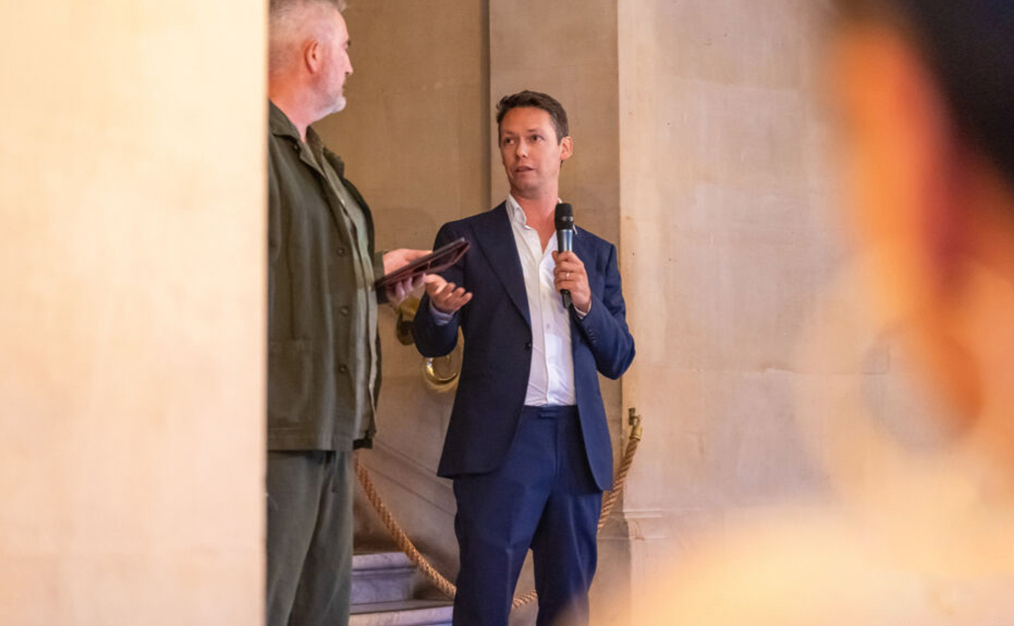Another week, another bunch of interesting web happenings. Here’s a few you may be interested in:
Google+ opened their doors to everyone, with a whopping great homepage arrow thingy. At roughly the same time, I stumbled across this rather frank assessment of the service: “perfectly adequate, fun to stumble onto but completely irrelevant…”.
Many in the tech industry are taking this angle, ready to write off the service as a rather poor third (or fourth..) place to do social. Our very own Paul Leeder is of the opinion (and are many others) that Facebook is likely to be the winner in this space for the forseeable future, with – what – 750 million users..
Personally, I don’t see this as an either-or situation and reckon it’s too early to call – Google has an unbelievably wide reach and the means to lever that reach across their web estates. Still, the question about how, where and whether it fits is going to get bounced around even more now the site is open to the public..
Liam sent me a post from Engadget suggesting we might soonish be seeing the appearance of Google Voice in Europe. Not the “call some people from chat” bit which has been around for a while, but hopefully the “one number to rule them all”, which is more compelling. Having said that, the post says deployment “hinges upon legal and regulatory issues” so maybe we should forget the whole thing for at least a couple of years…
Two security stories did the rounds – Apple “dropping clangers” with OSX password security and then this other Register piece about SSL:
BEAST is like a cryptographic Trojan horse – an attacker slips a bit of JavaScript into your browser, and the JavaScript collaborates with a network sniffer to undermine your HTTPS connection,” Trevor Perrin, an independent security researcher, wrote in an email. “If the attack works as quickly and widely as they claim it’s a legitimate threat
Interesting (if slightly scary) stuff..
Finally, Adam got very excited about this video, all about the future direction of C# and Visual Basic. Apparently it includes “making asynchrony a first-class citizen in the language”. I have no idea what this means, but it sounds kinda interesting :-)


